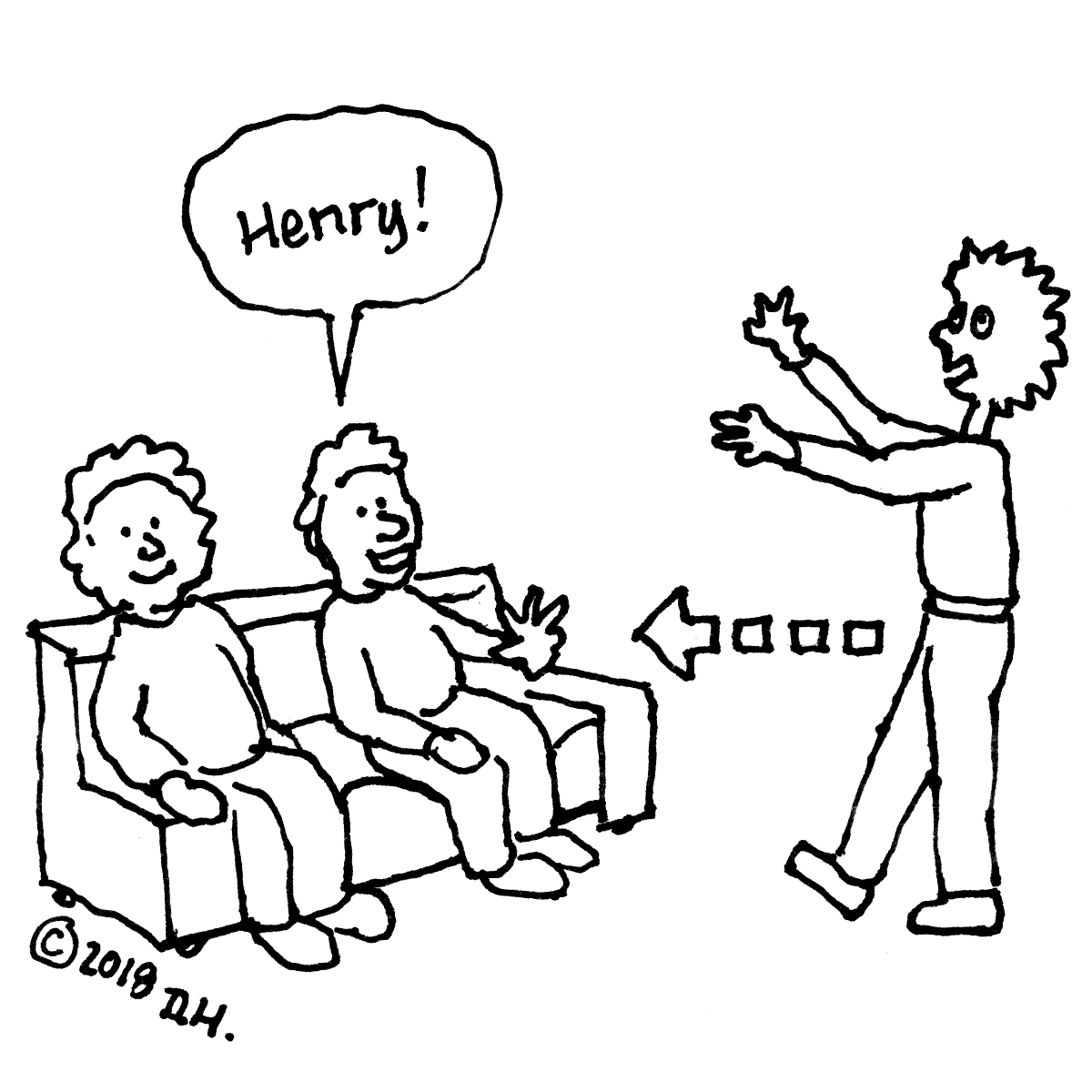Humans moved into what is now the British Isles not long after the Ice Age glaciers retreated. And what did those early Britons look like? Recent DNA analysis of a 10,000 year human skeleton, found in 1915 in Cheddar Gorge, Somerset, reveal that early Britons had dark brown or black skin and blue eyes.
The BBC reports: “This combination [of black skin and blue eyes] might appear striking to us today, but it was a common appearance in western Europe during this period.”
So when did Europeans become white? Probably only about 6,000 years ago, when pale-skinned, brown-eyed humans began moving into Europe from the Middle East. “No-one’s entirely sure why pale skin evolved in these farmers,” says the BBC, “but their cereal-based diet was probably deficient in Vitamin D,” so they needed to manufacture more vitamin D in their skin.
This research poses some interesting challenges to racial assumptions here in the U.S., where English ancestry means you’re about as white as white can get. But what interests me is how recently white skin evolved in humans. It’s also interesting to think of blue-eyed, black-skinned humans, a direct challenge to U.S. notions of what constitutes blackness.

